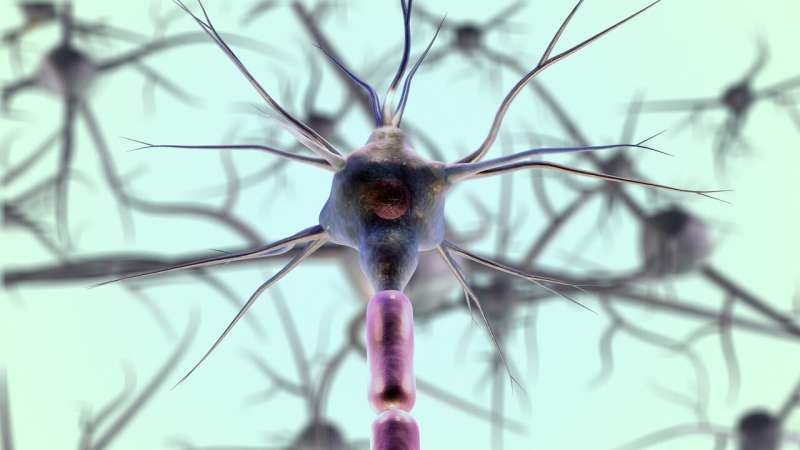Winning Experiences and Social Rank Influence Brain Pathways to Reduce Drug-Seeking Behavior

New research reveals how winning social experiences can reshape brain dopamine systems, reducing drug-seeking behavior by enhancing neural control mechanisms. Learn how social rank influences addiction vulnerability.
Research from the Chinese Academy of Sciences has uncovered neural mechanisms linking social dominance to addiction vulnerability. Published in Nature Neuroscience, the study demonstrates how positive social experiences, or 'winning experiences,' can modify brain dopamine pathways, decreasing the impulse to seek drugs such as methamphetamine (METH).
The team, led by Professor Zhu Yingjie, utilized advanced techniques like fiber photometry, cyclic voltammetry, optogenetics, and volumetric imaging to study dopamine system differences in rodents with distinct social ranks. They discovered that an animal’s social status influences its tendency toward drug-seeking behaviors through two key pathways:
- The mesolimbic pathway, which projects dopamine to the nucleus accumbens (NAc), increases reward perception and drug craving.
- The mesocortical pathway, sending dopamine to the medial prefrontal cortex (mPFC), supports cognitive control and resistance to addiction.
Low-ranking mice exhibit a hyperactive reward pathway and a weaker control pathway—akin to a car with a weak brake—making them more susceptible to drug seeking. Conversely, dominant mice display a balanced system with better control, helping resist addiction.
Interventions showed that reducing dopamine activity in the NAc of low-ranking mice led to less methamphetamine intake. Damage to the mPFC in high-ranking mice increased drug-seeking, while stimulating this area through optogenetics reduced their desire for METH and improved social dominance.
Crucially, introducing winning experiences in low-ranking mice elevated their social standing and led to reduced drug-seeking behaviors. These behavioral changes correlated with structural and functional remodeling of both dopamine pathways, suggesting that social and neural plasticity can mitigate addiction risks.
Prof. Zhu emphasized that enhancing social success or simulating rewarding experiences could ‘reinforce the brakes and weaken the accelerator’ in brain circuits, offering a promising direction for noninvasive neurostimulation therapies aimed at addiction prevention and treatment.
This groundbreaking research underscores the importance of social factors in addiction neurobiology and opens new paths for interventions based on social and neural reinforcement.
Source: medicalxpress.com
Stay Updated with Mia's Feed
Get the latest health & wellness insights delivered straight to your inbox.
Related Articles
Enhancing Platelet Production by Targeting STAT1 and Epigenetic Pathways
A new study uncovers how inhibiting STAT1 boosts platelet generation from iPS cells by modulating the LIN28A-let-7 pathway, advancing ex vivo platelet manufacturing techniques.
High-Dose Radiotherapy combined with Immunotherapy Shows Promise and Safety for Lung Cancer Patients
New research indicates that high-dose radiotherapy combined with immunotherapy can be safely used for lung cancer treatment, offering improved survival prospects without increased risk of side effects.
Racial Disparities in Postoperative Minor Complications After Bariatric Surgery
A new study reveals that Black patients face higher rates of minor complications after bariatric surgery compared to White patients, highlighting ongoing racial disparities in postoperative health outcomes.
Innovative Electrical Stimulation Technique Predicts Nerve Injury Recovery Outcomes
A groundbreaking study reveals how intraoperative electrical nerve stimulation can predict recovery potential after acute nerve injuries, aiding in personalized surgical decisions.



